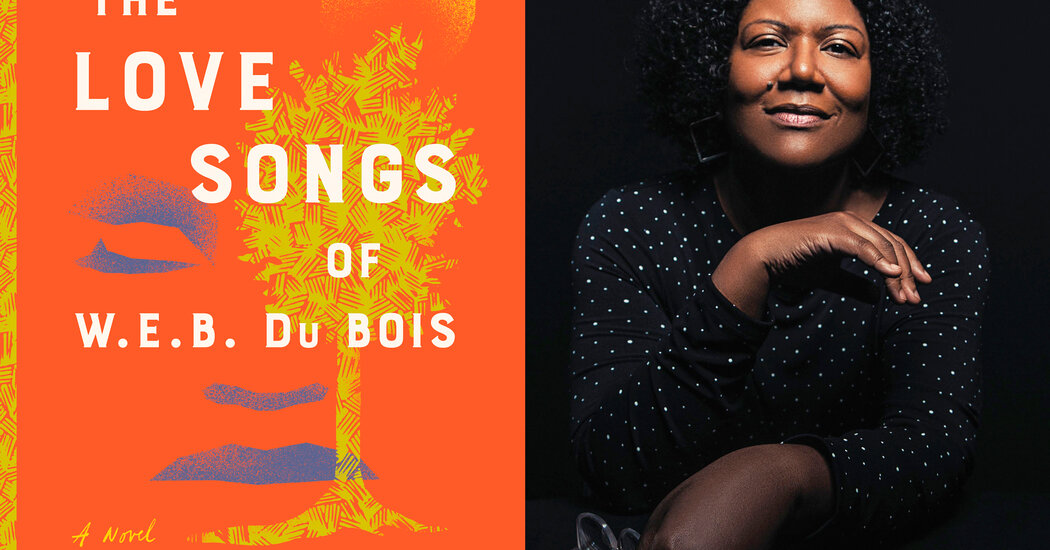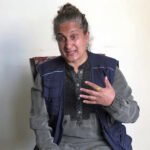
Anthony Veasna So’s short-story collection “Afterparties,” which centers on the lives of Cambodian Americans in California, won the National Book Critics Circle Award for best debut book on Thursday.
By turns dark and funny, “Afterparties” explores the ways in which the trauma endured by Cambodian refugees who fled the Khmer Rouge genocide has echoed across generations.
The collection, which was widely acclaimed, has now won a major award — the John Leonard Prize for a first book in any genre — which was judged by voting members of the NBCC. It was published about eight months after So’s death at age 28 from a drug overdose.
In a statement, one of the judges, Jenny Shank, praised So’s “vigor, originality and good humor” and noted that the organization “joins So’s loved ones and readers in celebrating his work and mourning his loss.”
Other winners, which were announced at a virtual ceremony on Thursday night, included Diane Seuss, who won the poetry prize for her collection “frank: sonnets”; Melissa Febos, who won the criticism award for “Girlhood”; Jeremy Atherton Lin, who received the autobiography prize for “Gay Bar: Why We Went Out”; and Rebecca Donner, who won the biography prize for “All the Frequent Troubles of Our Days: The True Story of the American Woman at the Heart of the German Resistance to Hitler.”
“The Love Songs of W.E.B. Du Bois,” a novel by Honorée Fanonne Jeffers that explores class, colorism and privilege through the story of a young Black woman growing up in Georgia in the late 20th century, and the story of her ancestors, won the fiction award. The prize for nonfiction went to Clint Smith’s “How the Word Is Passed,” which examines the way America has memorialized and distorted the legacy of slavery.
Along with the National Book Awards and the Pulitzer Prize, the National Book Critics Circle Awards are among the most prestigious literary prizes in the United States. Founded in 1974, the National Book Critics Circle is made up of more than 600 literary critics and book review editors in the United States.
The NBCC awards stand apart from other prizes because the recipients are chosen by book critics, rather than committees made up of authors or academics. The organization’s annual awards, which it typically gives out in the spring to works published the previous year, are open to books published in English in the United States.
This was the third year that the awards were presented virtually, a reminder of the long toll the pandemic has taken on live literary events.
In addition to the awards for single titles, the NBCC gives out prizes for ongoing work and a lifetime achievement award.
Merve Emre, a contributing writer at The New Yorker and an associate professor at the University of Oxford, received the 2021 Nona Balakian Citation for Excellence in Reviewing, a prize that’s given to an NBCC member for critical work.
The Toni Morrison Achievement Award, a new prize created by the NBCC in 2021 to honor institutions that have shaped book culture, was given to the Cave Canem Foundation, a writer’s center that has helped nurture the careers of celebrated Black poets.
The Ivan Sandrof Lifetime Achievement Award went to the novelist Percival Everett, who has published more than 30 novels and collections of stories and poetry. In a citation, the prize committee chair Jacob Appel praised Everett as “profound and prolific.”
“He is brilliant over and over and over again, novel after novel, story after story, each successively more original and thought-provoking,” Appel said. “There are two kinds of readers in America: those who are reading Percival Everett and those who are missing out.”




